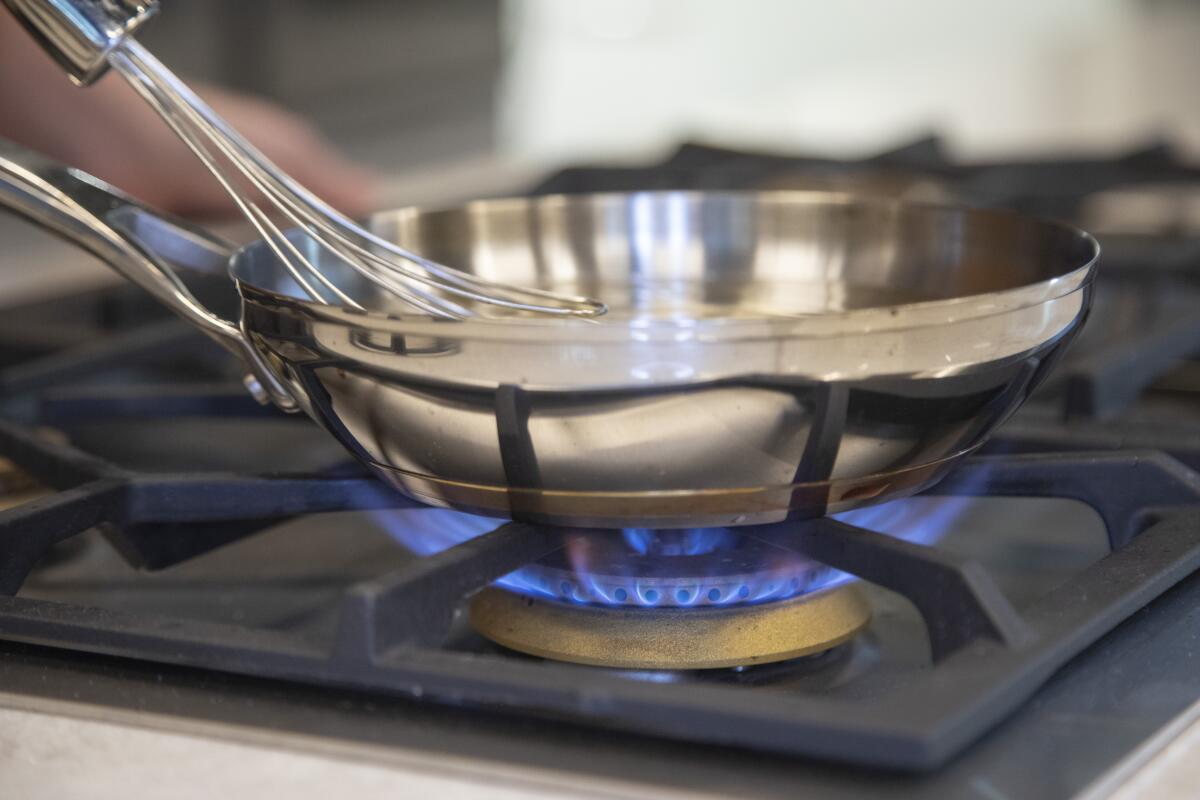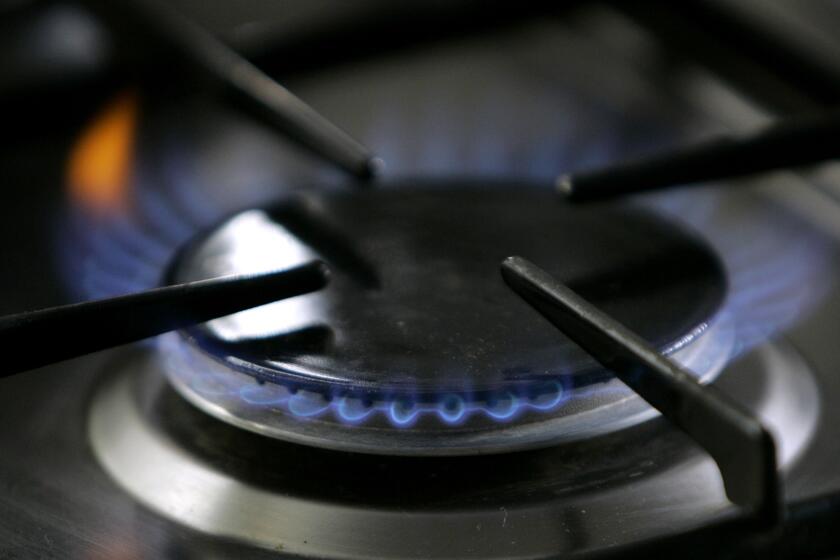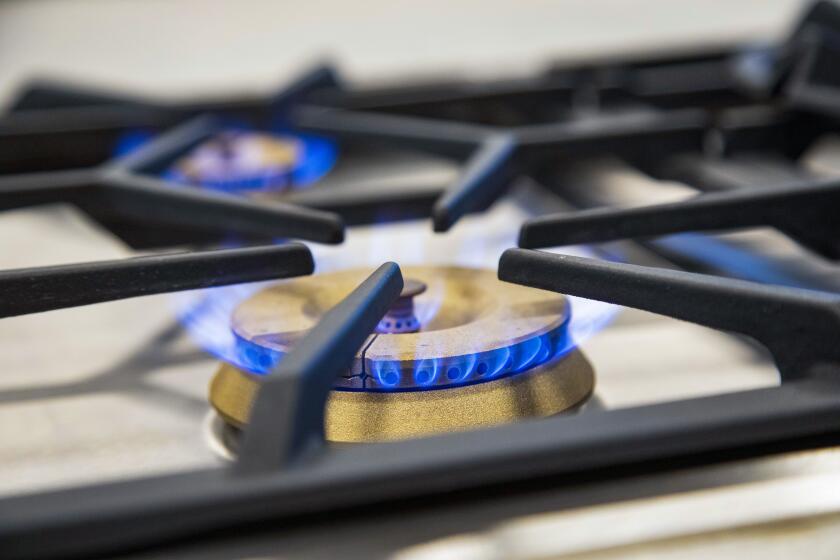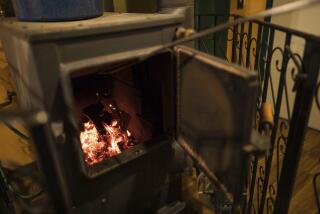No ban of gas stoves is planned, head of product safety agency says

The head of the U.S. Consumer Product Safety Commission said the agency isn’t planning a ban on gas stoves, days after one of his colleagues said a ban was one option under consideration — comments that ignited a political firestorm.
“I am not looking to ban gas stoves, and the CPSC has no proceeding to do so,” Alexander Hoehn-Saric said in a statement Wednesday.
The four-person commission is researching emissions from the appliances and looking for ways to reduce related indoor air-quality hazards, he said.
New research links gas stoves, which are used in about 40% of homes in the U.S., to childhood asthma.
Hoehn-Saric’s comments follow remarks made by Richard Trumka Jr., an agency commissioner, who told Bloomberg that the Consumer Product Safety Commission would consider a ban as part of efforts to address hazards posed by gas ranges. His words ignited criticism from the gas industry and from lawmakers including Rep. Cathy McMorris Rodgers (R-Wash.), chair of the House Energy and Committee, and Sen. Joe Manchin III (D-W.Va.).
“I can tell you the last thing that would ever leave my house is the gas stove that we cook on,” the West Virginia Democrat said in a statement Tuesday. “If this is the greatest concern that the Consumer Product Safety Commission has for American consumers, I think we need to reevaluate the commission.”
Natural gas stoves are used in about 40% of homes in the U.S. They emit air pollutants including nitrogen dioxide, carbon monoxide and fine particulate matter at levels the Environmental Protection Agency and World Health Organization have said are unsafe and linked to respiratory illness, cardiovascular problems, cancer and other health conditions, multiple studies have said.
Gas stoves may emit unhealthful pollutants even when not in use, a study finds. High levels of cancer-causing benezene were found in Southern California.
Consumer Reports, in October, urged consumers planning to buy a new range to consider going electric after tests conducted by the group found high levels of nitrogen oxide from gas stoves. And new peer-reviewed research published last month in the International Journal of Environmental Research and Public Health found that more than 12% of current childhood asthma cases in the U.S. can be attributed to gas stove use.
Trumka, in his remarks, said the appliances were a “hidden hazard” and that a ban on the manufacture and import of gas ranges was among the options on the table. The agency plans to open public comment on the issue in the form of a Request for Information this winter.
But his remarks received swift pushback from Republicans and others who saw it as an example of government overreach from the 500-person, Bethesda, Md., agency better known for its crackdowns on lawn darts and Ikea shelving.
“The Biden administration is once again going to extreme lengths to appease Green New Deal fanatics,” Sen. Ted Cruz (R-Texas) tweeted.
The idea of a ban also got criticism from groups representing stove manufacturers and natural gas distributors, which have seen their business model increasingly threatened as opposition to the fuel source grows amid concerns about its effects on climate warming.
“Regulators, like the Consumer Products Safety Commission, should rely on real data and science not unsubstantiated claims of advocates,” the American Gas Assn. said in a statement.
More to Read
Inside the business of entertainment
The Wide Shot brings you news, analysis and insights on everything from streaming wars to production — and what it all means for the future.
You may occasionally receive promotional content from the Los Angeles Times.












